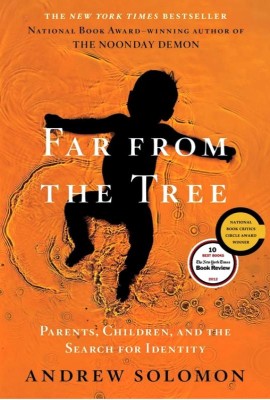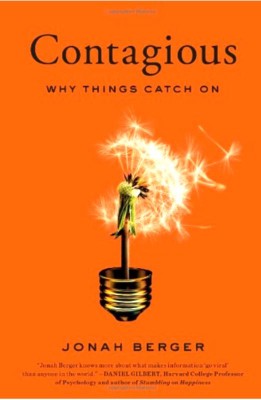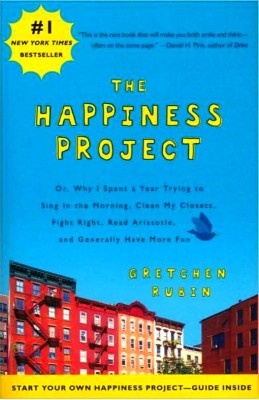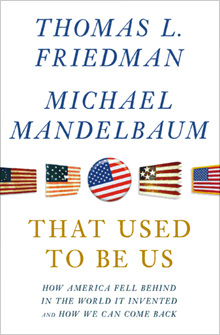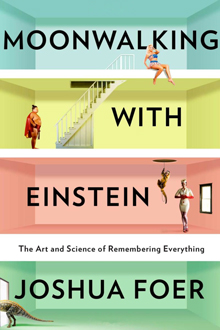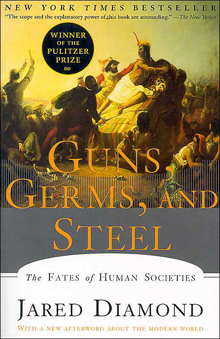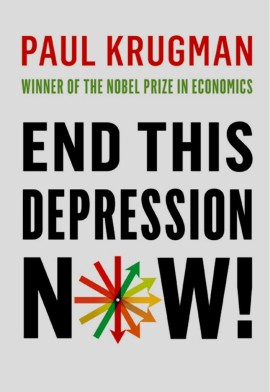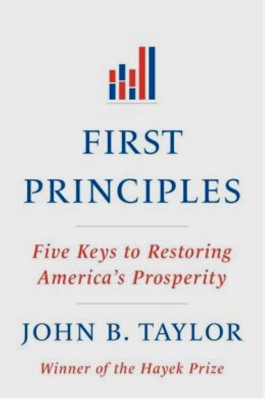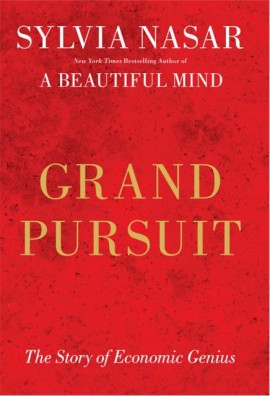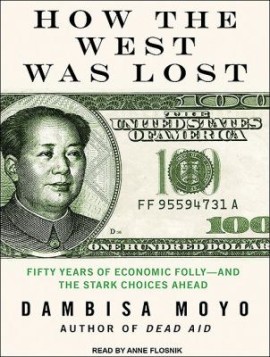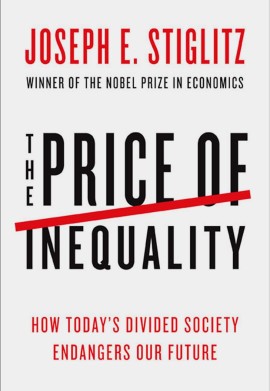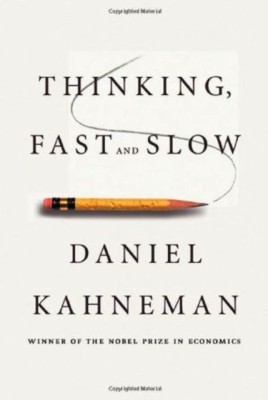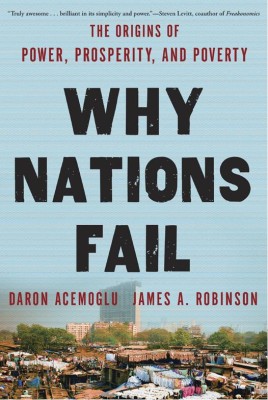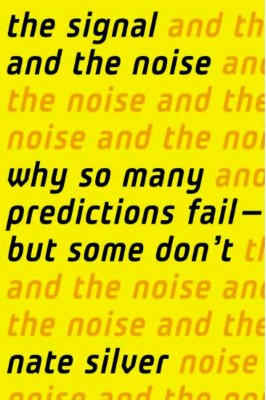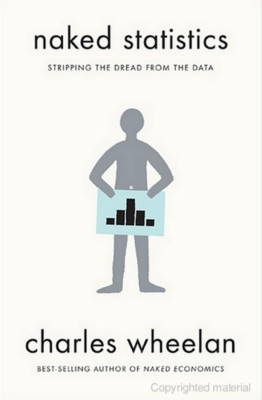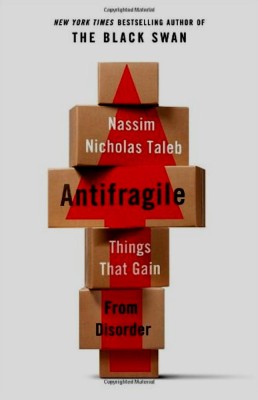Power Up Talent
Quality & Process
When ‘quality’ ceases to be just lip service from one employee to another – it becomes a process for continuous improvement toward perfection.
An executive from a company that makes electronic components complained to me that her workforce lacked the talent to move quality beyond the organization’s current level.
“My people are simply not up to the challenge,” she sighed.
“What makes you think that?” I asked.
“Quite frankly, they are satisfied with being good enough—nothing more, nothing less—and leaving as soon as they can,” she replied. “We’re a component company. It’s not very exciting work.”
We then talked about some well-known innovations and the people who created them:
- Jonathan Ive, the in-house designer responsible for the now iconic iPod, iPhone, and iPad, as well as other products.
- Chris Anderson, a staff editor at Wired who created the concept of “long tail economics,” and later wrote a best-selling book about his findings. Long tail economics is now studied by business and economics students around the world.
- Claire Diaz-Ortiz, an early hire at Twitter, who developed many of the social media concepts that transformed Twitter (and other platforms) into major media leaders.
Talent drives excellence, and excellent always drives quality. Talent contributes to the overall success of the organization, and demonstrates to others how excellence is within our grasp. While it may seem that talent is spontaneous and unplanned, the truth is, talent already exists within organizations—you just need to know how to tap it.
The problem in many companies, and with many individuals, is that we’re often focused on people like the programmer who is a coding genius or the salesperson who has a knack for closing deals. Sometimes we’re so focused on what is most visible, that we miss talent waiting to be mined.
Part of this is our failure to notice people who are the everyday heroes. These are the people who make the rest of the workforce more productive, and able to focus on improving quality. These individuals are often anonymous, sometimes only known by a few people in your own office. For example:
- The woman in accounting who is the ‘go-to’ person for Excel spreadsheet formulas. She helps your entire staff standardize formulas and formatting, thus encourages productivity among many others in the workforce.
- The mail clerk who has a flair for fixing the copier. Maybe he doesn’t have any actual training, but he knows that with your particular printer that certain bug in the copier software produces error messages can be bypassed by pressing a few buttons on the keypad.
- The young kid who was just hired who has a knack for using computers and knows all of the keyboard shortcuts for quick access to programs and functions. He hasn’t been around long enough to affect productivity, but give him time.
Each of the people I mentioned I have heard about from others. This is the “office lore” phenomenon – the people with unique talent that helps the company move forward. These people possess talent that is just as vital to success as a single history-making invention.
Talent is an essential part of business, and something that should be encouraged with all employees, not just those involved with the well-known projects and assignments. Talent shows itself through innovation and creativity, but it also motivates people in the organization by inspiring all of us to find higher levels of excellence.
Most importantly, talent exists throughout the organization, and enables people to contribute, succeed, and feel invested in the company. And when everyone feels invested in the company, we all win.

















